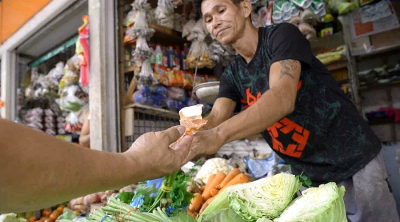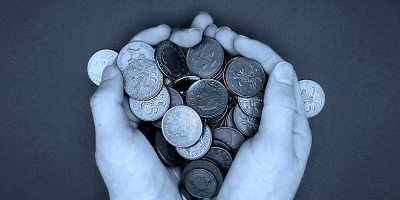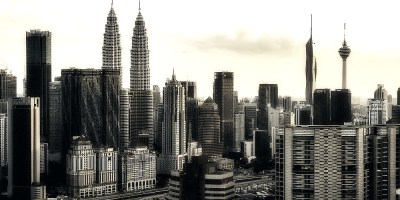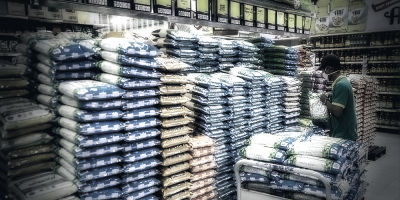To stabilize the goods prices, we will need to build our own supply chain and manufacturing capacity in order to cut down our reliance on foreign imports.
As the coronavirus pandemic is tapering to an end, and before we even manage to stage an economic turnaround, the country has been thrown into the pit of inflation.
The rate at which goods prices have been rising in recent years has been truly shocking. The “economy mixed rice” that we have been calling for decades is suddenly no more “economical,” with prices very often soaring above RM10 per plate.
Meanwhile, pork prices have been climbing steadily these past few years, from RM700/100 kg in 2021 to RM1,710 this year, at a whopping rate of 150%!
Newly minted Bank Negara governor Shaik Abdul Rasheed Abdul Ghaffour, who has just taken over the baton early this month, is forced to face off with this menacing monster called “inflation.”
During an interview, Abdul Rasheed said the current level of inflation is still higher than average and we need to look at the trend cautiously.
“High inflation hurts our purchasing power – this means what you could buy with RM100 now would be much less in the not-so-distant future,” he said.
Ordinary people like us are no economists. Many do not even know how inflation is defined, but we all can feel that the money in our hands are fast shrinking in value.
Although RM100 today has the same face value as RM100 a couple of years ago, there is much less that we can buy with the RM100 we have today.
The B40 and M40 groups are the ones to take the brunt of skyrocketing goods prices, which have significantly increased the financial burden of the people, affecting their quality of life. People have been worrying how long more this whole thing is going to end.
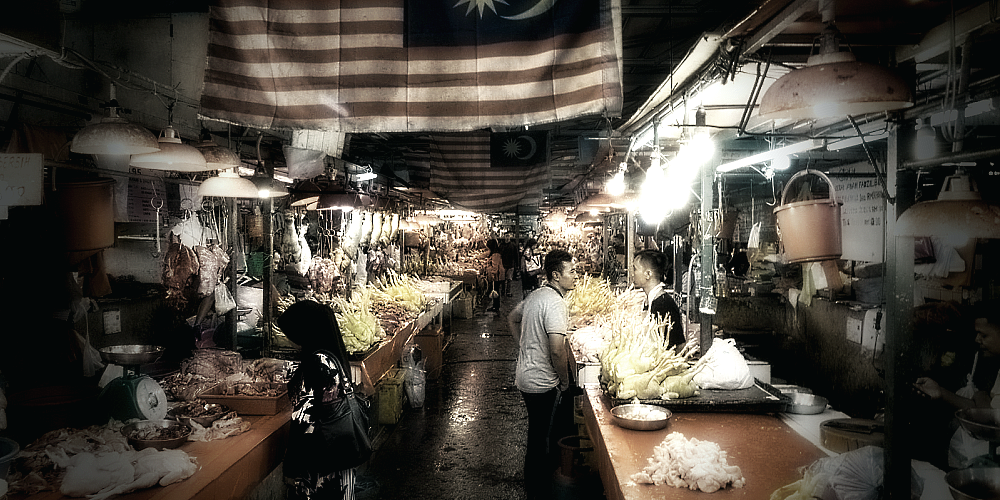
Economy minister Rafizi Ramli said the country’s CPI continued to moderate for a nine consecutive month to 2.8% in May, which is a great news. But under the veil of some impressive numbers, prices continue to climb at worrisome rates.
One of the reasons for spiraling inflation is the devaluation of ringgit. Although the current level of RM4.6685 to the dollar is not a historical low, it has increased the cost of imports, sending prices higher in general.
Last month, FOMEDA president Ng Chye Weng said the ringgit movement trend is extremely unfavorable, causing production cost to rise. As a result, manufacturers are forced to issue notices to revise their retail prices from July.
Additionally, medicines are also expected to be 5% more expensive over the next few month due to the continued slide of the local currency. Already Chinese herbal medicines are selling at higher prices due to ringgit depreciation and steep transportation cost.
The government’s priority now is to stabilize the goods prices.
Ringgit’s depreciation could be attributed to external factors beyond our own control, such as the Federal Reserve’s rate hikes.
As a matter of fact, the local unit’s weakness at this moment does not accurately reflect the country’s economic fundamentals.
Bank Negara has said it would intervene in a bid to support the ringgit, but so far we have not seen the local currency recover, and prices of imported goods remain prohibitively high.
To stabilize the goods prices, we will need to build our own supply chain and manufacturing capacity in order to cut down our reliance on foreign imports.
At a time prices of imported medicines are rising, health minister Dr. Zaliha Mustafa agrees that we need to expand the manufacturing capacity of local drug manufacturers, which is a move in the right direction. It is hoped that the authorities will walk the talk, draw up a comprehensive plan and put it in strict execution.
Meanwhile, our food production sector should also move in this direction by expanding the production capacity in order to reduce dependence on imports.
The government should draw some lessons from the current wave of price hikes to build up our own supply chain and a more versatile economic structure to withstand the next crisis.
As for average wage earners like us, we must learn to tighten our belts and spend wisely to sail past the current crisis.
ADVERTISEMENT
ADVERTISEMENT






